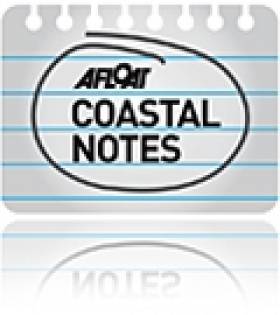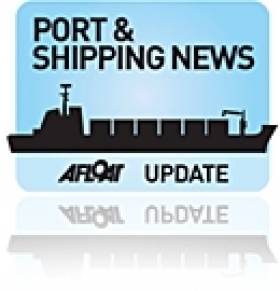Displaying items by tag: Ministerial Order
Dirty Dunes a Danger Says Coastwatch
Coastwatch has claimed that a ministerial order for the protection of sand dunes in Co Wexford is being breached, The Irish Times reports.
The order was made in January by former environment minister John Gormley to protect the Tinnaberna dunes from damage due to the storage of cattle over a number of years.
But the environmental group says that "dung, contaminated sediment and massive weed cultures remain" on site, and highlighted concern over its close proximity to a stream which flows into the sea near bathing water.
However, the National Parks and Wildlife service said its ecologist is "happy" with progress made on clearing the dunes.
The Irish Times has more on the story HERE.
New Life for Bremore Port Development
Drogheda's port company has redrafted its plan to develop a €300 million deepwater harbour in north Dublin.
The semi-State Drogheda Port Company previously failed to get approval from then Transport Minister Noel Dempsey when it first submitted proposals for the port at Bremore, near Balbriggan, in 2009.
The Sunday Business Post reports that the project would require a Ministerial Order to sanction the extension of Drogheda port's boundaries into Co Dublin under the Harbours (Amendment) Act 2009.
Previously any such extension would have been "legally problematic", in the words of Attorney General Paul Gallagher.
No planning application has yet been made, but partners in the venture are reported to be making preparations.
A public consultation on the previous proposals was conducted in September 2009.






























































